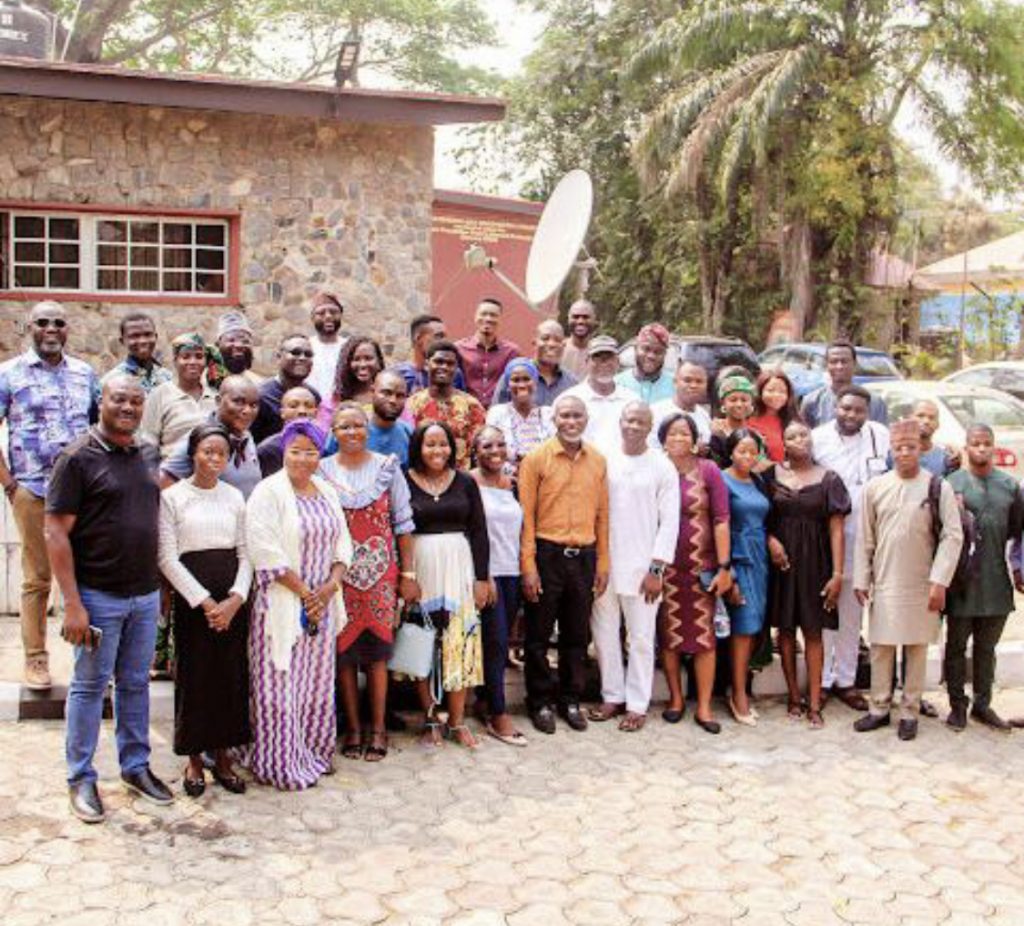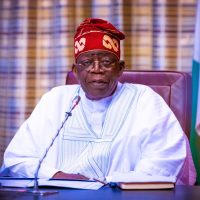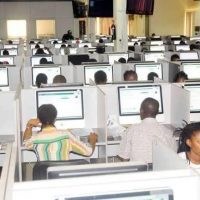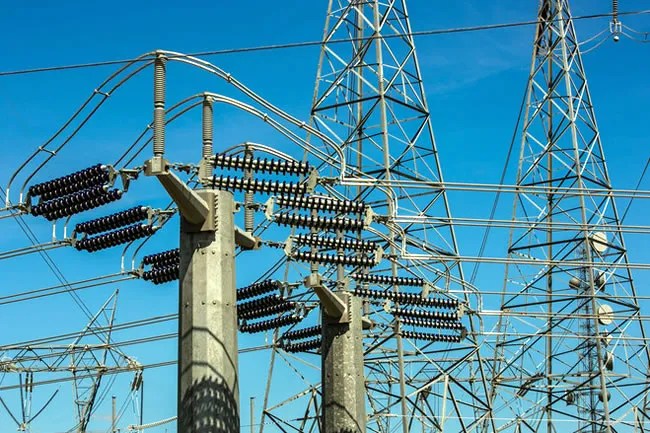The students of Centre for Petroleum, Energy Economics and Law, University of Ibadan organized symposium on energy crisis in Nigeria.
The symposium which was held on the 11th of April, 2024 started with first lecture which was delivered by Barr. Olawale Aro, General Manager, Legal and Regulatory Compliance, North-South Power Company Ltd, Nigeria, on the topic: Incessant Power Outages in Nigeria: Economic Implications and WayForward. Barr. Olawale Aro began the lecture by giving a run-down of the value chain in the Nigeria Electricity Supply Industry (NESI) market structure, and pointed out that, part of the problem facing the power sector, is the way and manner the value chain was actually arranged between the Generation Companies (GenCos), the Nigeria Bulk Electricity Trader (NBET), Transmission Company (TCN) and Distribution Companies (DisCos). He emphasized that the revenue collected by the DisCos from customers within 30-day circle does not belong solely to the DisCos, but to the market which comprises TCN in its contribution of pushing out the product in the value chain, NBET, NERC, settlement of outstanding loans pumped into the value chain and the overall operations of the players; the monies being shared upwardly.

According to him, what the DisCos get at the end of the day is operational expenses. The problem begins, he said, where the DisCos cannot collect or retrieve from customers, the expected returns by the market (value chain), resulting in debts accrual and loss of value. He stated that currently, the market is being owed N1.6 Trillion in collections that the DisCos has not been able to collect. Giving further reasons why Nigerians continue to experience incessant power outages, Barr. Aro enumerated the reasons to include lack of gas supply, poor transmission and distribution infrastructures, distribution losses (Aggregated Technical & Commercial losses AT&C), liquidity issues and issues of capacity vs. demand.
On economic implications, the learned practitioner listed same as reduced productivity, impact on SMEs, increased cost of business and impediment to investment. However, as regard wayforward, Barr. Aro emphasized on infrastructural investments; maintenance, upgrade and expansion of the grid; total overhaul of existing infrastructure for both transmission & distribution, encouraging alternative sources in renewable energies, policy & regulatory reforms, encouraging decentralization of Power generation and distribution to enhance efficiency, and capacity building (human capital development).

The second lecture titled “From Fossil Fuels to Renewable Energy: The Benefits and Opportunities for Nigeria”, was delivered by Mr. Tunde Gbajumo, Chief of Party, USAID Nigeria Power Sector Programme. He began by stressing the point that resolving the issue of POWER conundrum in Nigeria should not be left only for engineers but should involve lawyers, economists and engineers alike, which is in line with what CPEEL is doing. He expressed his experience over the years with REA established to roll out a programme called the Nigeria Electrification Project which has three pillars: promoting mini-grids in Nigeria, with over ten thousand communities in Nigeria that earmarked to benefit from same; deployment of solar home system and the Energize Education Programme where government with other agencies are working to provide electricity in Universities and hospitals. He emphasized that the idea is to switch from fossil noisy diesel generators to cleaner solutions. He stated that BUK Kano, was the first University where the project was launched with a capacity of providing 7 MW to power the University. He reiterated that at present, over 50% of Nigerians have no access to energy and also that inspite of what is put in place to phase out fossil fuels, fossil fuels will still be part of our energy mix in 2030. “What we are seeing now is a phase down, rather than a phase out”, he said. He pointed out that phase out may be possible between 2060 or thereabouts. On issue of emissions through gas flaring, Mr, Gbajumo spoke on government’s plan through the gas flare commercialization programme, for the purpose of commercializing the gas instead of flaring it, to reduce carbon emissions, in order to cushion the effects of climate change which has been blamed for various ills like herdsmen and farmer clashes, floods etc and stressed on the importance and benefits of renewables which, according to him, still face issues like financing, commercial, operational and enabling environment.
A discussant, Engr. Christopher Lawal, Head, Network Operations of Ibadan Electricity Distribution company (IBEDC), also contributed to the symposium, in his words, he identified lack of gas supply to GenCos as a major fall back of the reasons for incessant power outages in Nigeria. Further, he stated that the capacity of the Transmission company due to dilapidation of transmission facilities is another factor and called for upgrade of TCN facilities. He also identified massive load sharing due to increase in power demand, inadequate prompt response to breakdown of transmission lines and transformers, dilapidated network especially in DisCos, as factors responsible for incessant power outages. He therefore called for overhaul of the distribution lines and partnership with embedded power generation companies by DisCos as solutions to ease the issues of power outages in Nigeria.
The special guest of honour, Prof. Adeola Adenikinju, President, Nigerian Economic Society (NES), while commenting, thanked the President and Excos of CPEELSA for organizing the programme and stated that the power sector needed a fundamental restructuring where the design of the privatization plans had to be revisited, and all stakeholders including the government, private sectors, and regulators can come together and take a second look at the privatization programme to detect where failures emanated from in the industry in order to nip it at the bud.
Also contributing to the Symposium, Prof. Fisoye Delano, President, Delphi Ventura Group, Texas USA, as a special guest of honour also talked about increasing and improving gas supply and infrastructures for the GenCos and also called on stability of gas supply as a means of improving power generation and supply.
There were Questions and Answers section and the programme was eventually brought to an end with a vote of thanks from the President of Centre for Petroleum, Energy Economics and Law Students’ Association (CPEELSA), Mr. Ismael Taiwo.




